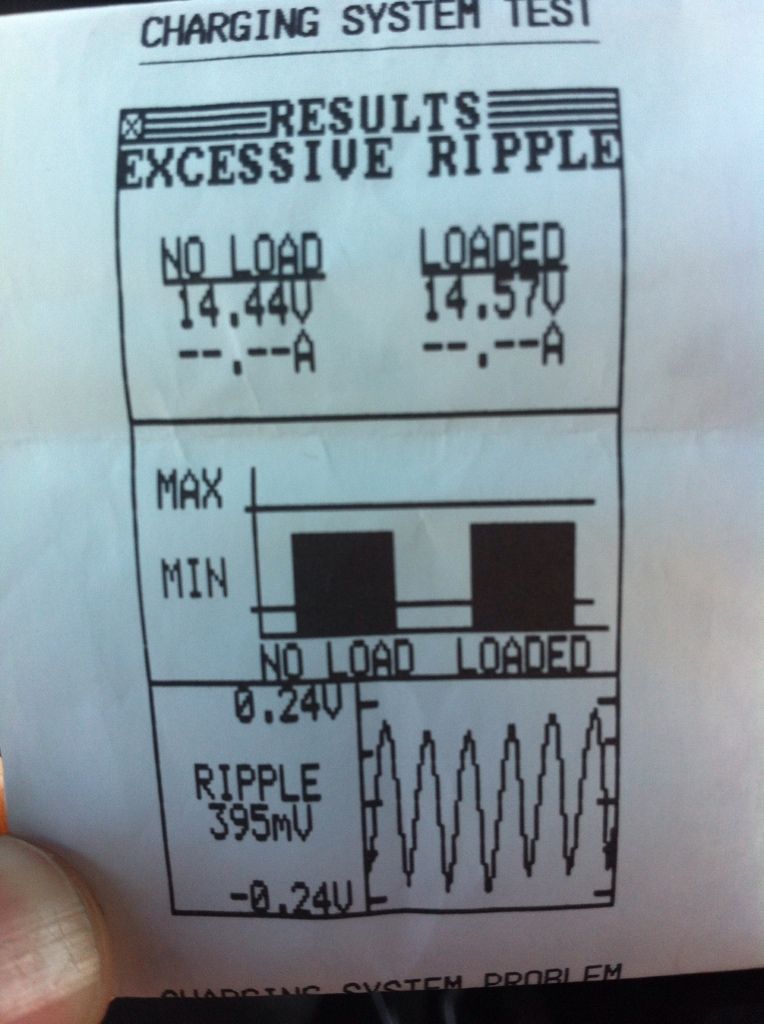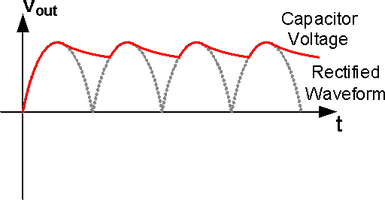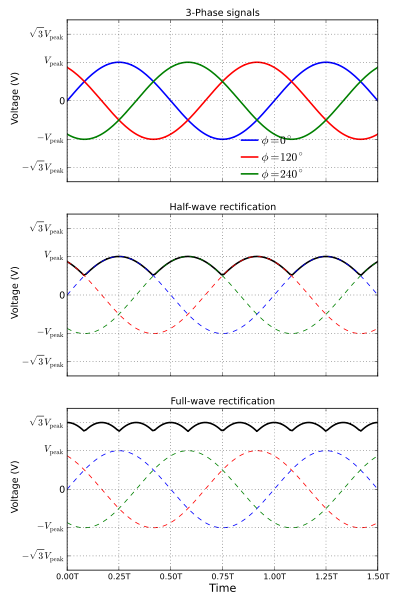- Apr 9, 2012
- 64
I went to Advance Auto to get a quick check done on my alternator. The gauge was fluctuating quite a bit but not consistently so I thought the stepper might be bad. I had to the stepper for the tach and speedo anyway so I'd replaced them all. The gauge settled down a lot but I still wondered so when I had the alternator out when changing the tstat I brought it to be tested. It improved when i disabled the DRL per the instructions here. Ironically they didn't have the proper bracket for the machine and couldn't jury rig it well enough for a good test. The guy said he could test in the vehicle. I thought it didn't work as well but whatever. I put everything back together and went back, got this result. Alt seems to be OK but what the heck is ripple?



 Too much ripple Bad alternator.
Too much ripple Bad alternator.

 What you're suggesting here is that a single capacitor filters all of the power generated by the alternator which I don't think anyone was implying. Most of that 100amps goes towards things like lights, battery charging, motors, etc. that don't need any sort of filtering. The electrical components that do (various control modules, radio, etc.) all have capacitors at the local level in their internal power supplies.
What you're suggesting here is that a single capacitor filters all of the power generated by the alternator which I don't think anyone was implying. Most of that 100amps goes towards things like lights, battery charging, motors, etc. that don't need any sort of filtering. The electrical components that do (various control modules, radio, etc.) all have capacitors at the local level in their internal power supplies.

